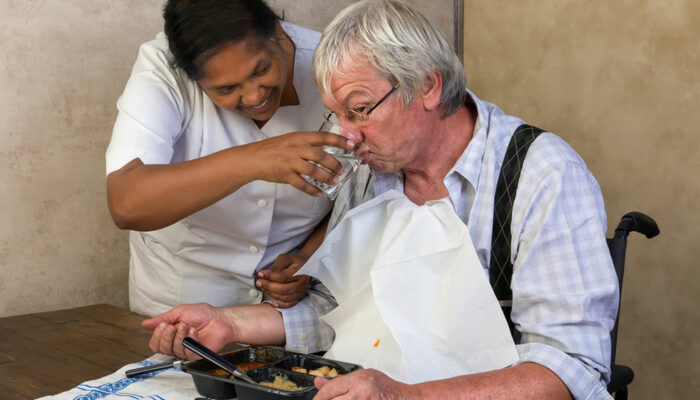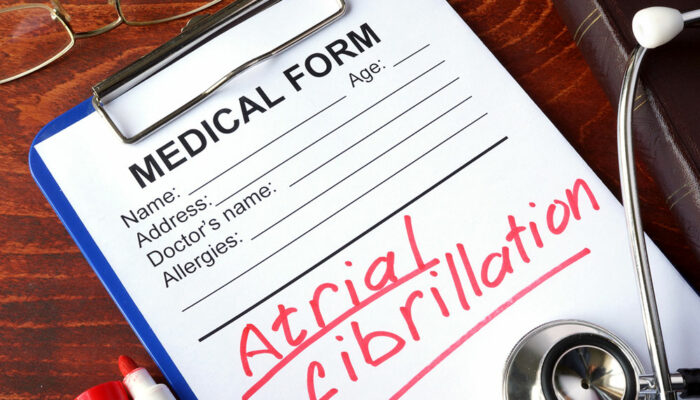
How to prevent and treat iron deficiency during pregnancy
Pregnancy is undoubtedly the most joyous phase in the life of women, but it is the most challenging too. Throughout pregnancy, the hormones and energy levels keep fluctuating. Women need to eat healthy food to nourish themselves and, of course, the fetus. The healthy growth of the fetus will only happen when the mother is healthy. The nutrients and vitamins that women include in their diet have a great impact on the health and growth of the baby. Iron is one of the critical minerals essential for the growth of the fetus. Iron delivers oxygen to various organs, tissues, and muscles and also keeps women strong throughout the day.
Iron deficiency is a common symptom during pregnancy. Women diagnosed with iron deficiency, anemia, during pregnancy are at high risk of preterm delivery or delivering babies with low birth weight. The demand for iron increases significantly during pregnancy for supporting the growing fetus. Mild iron deficiency is common during pregnancy; however, severe lack of iron requires immediate treatment.
Prevention of iron deficiency during pregnancy
Prenatal vitamins are a great source of nutrients for pregnant women. There are many ways to prevent iron deficiency and ensure an adequate supply of nutrients.
- Prenatal vitamins
Most doctors prescribe prenatal vitamins in order to ensure the supply of all the essential nutrients in pregnant women. Prenatal medicines contain all the necessary vitamins and nutrients in the right quantities to ensure proper growth of the fetus. - Iron supplements
For women who have mild anemia, doctors may prescribe iron supplements and folic acid supplements in order to make up for the deficiency. - Proper nutrition
A well-balanced diet is the most important way to prevent iron deficiency in pregnant women. Ensure that you have at least 3 servings of iron-rich foods such as leafy vegetables, nuts, eggs, lean poultry meat, beans, lentils, and tofu. Foods rich in vitamin C such as citrus fruits, kiwis, strawberries, bell peppers, and tomatoes, enable better absorption of iron.
Treatment of iron deficiency during pregnancy
Women who are anemic during pregnancy require immediate treatment in order to ensure the proper growth of the fetus. The first treatment option is iron and/or folic acid supplements. Additionally, the doctor also recommends consumption of iron-rich foods on a daily basis. Once these supplements and diet changes are implemented, periodic blood tests are conducted to review the levels of hemoglobin and hematocrit. If there is a deficiency of vitamin B12, then supplements for that vitamin are recommended. Women whose iron deficiency doesn’t improve after treatment may be referred to a hematologist for further specialized treatment.
Consuming a healthy, balanced diet containing all the essential vitamins and nutrients in the right quantities is primal to prevent iron deficiency. Including iron-rich foods such as lean meats, eggs, and dark leafy vegetables is a natural way of supplying iron to your body. Iron and folic acid supplements may be consumed by women who have a deficiency.




